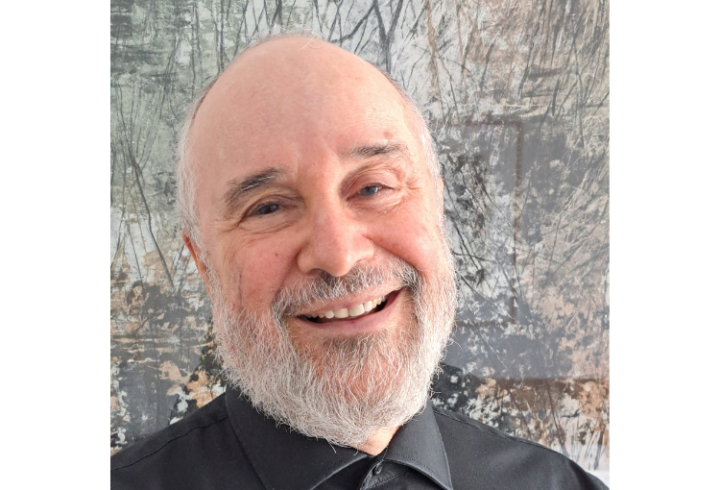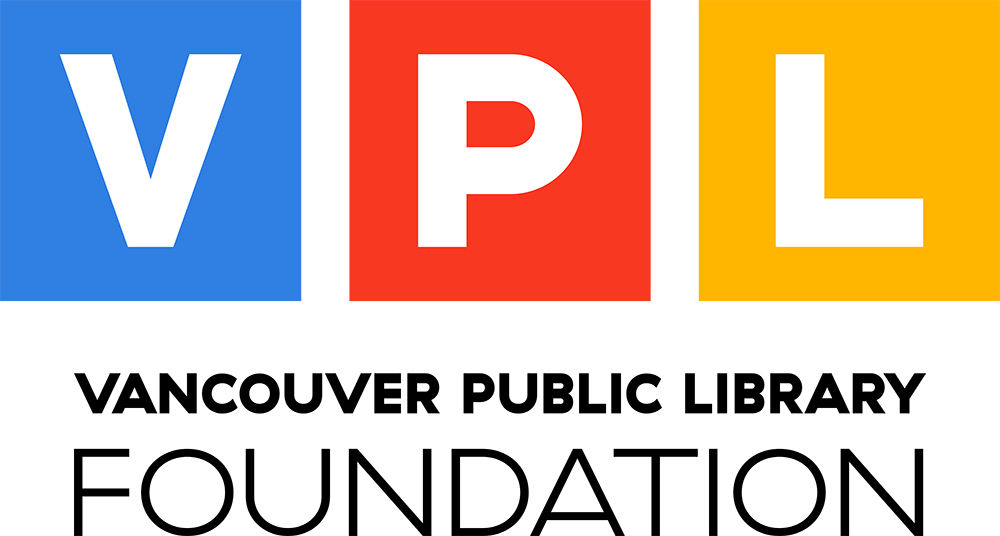“Like Oxygen”: Mark’s Library Journey

Meet Mark, an endlessly curious and thoughtful Library lover and life-long learner. Mark’s relationship with his local Library began as a child, where it was a place of both safety and exploration, and it then has evolved into something so essential in his life that he considers it “like oxygen.”
Mark started losing his vision at age 26. Ever since, he has relied heavily upon the Library’s accessible resources to keep him connected, learning, and entertained.
From hot fingertips held against cooling sponges after marathon university reading sessions in the days when Mark read Braille, to clunking around with heavy cassette tapes in “an ungraceful shopping bag” to play audiobooks–Mark has been on a journey with the Library, as its reading technology for the visually impaired has evolved.
Back when Mark first started visiting his home branch, Joe Fortes, he would select his reading materials in a physical catalogue and then lug home the bulky cassette tapes. He recalls how he was not able to move around and listen and the machines often broke down.
Mark was thrilled when advancements brought books on discs, and he fondly remembers how excited he was with his newfound mobility. The disc players neatly fit in a knapsack and were far more reliable.
In the last 10 years, Mark has enjoyed downloading books on Libby and he loves that he can listen anywhere he likes. He just has to be careful when he reads Talking Books because if he falls asleep he risks “waking up in another world.”
This can happen because Mark explains that with ear reading there is less control. You can no longer skim or flip the page. Instead, “You are carried on a river of sound that moves you along.”
From Mark’s perspective, vision gives you a lot more control in your life. With ear reading you must simply “grab the flow.”
And this is why Mark considers the Library “like oxygen.” And he shares that he “would have a much paler existence without the chance to encounter minds other than my own. There is quite a bit of loneliness in being visually impaired. But, you’re there [and connected] once you turn on the headset.”
Mark’s gratitude for these services that uplift him is a big part of what inspires him to give back to the Library. But his support for the Library is also rooted in helping others. He imagines a blind child, like his younger self, and wants to ensure they have access to inspiring resources.
It is important to Mark that the Library provides access without any conditions attached. That it welcomes all people without asking, “Who are you? Where are you?” This inclusivity is why he considers the Library such a critical community resource and a worthy cause to support.
